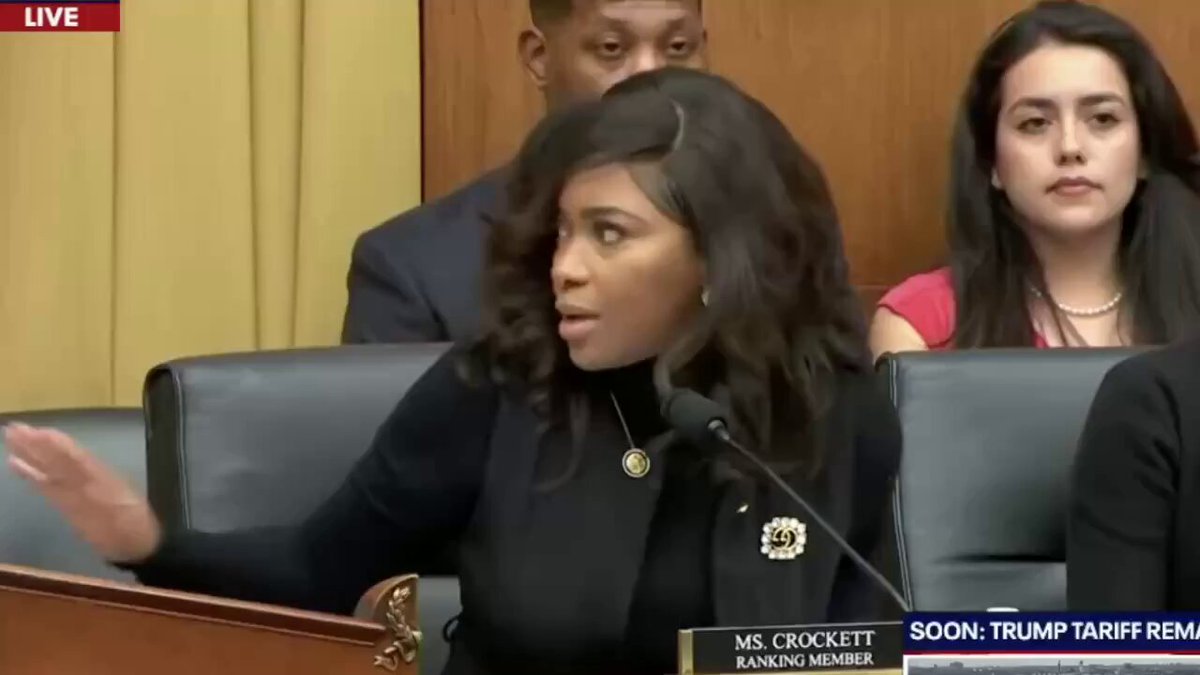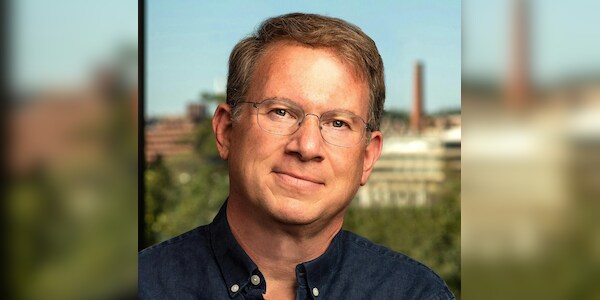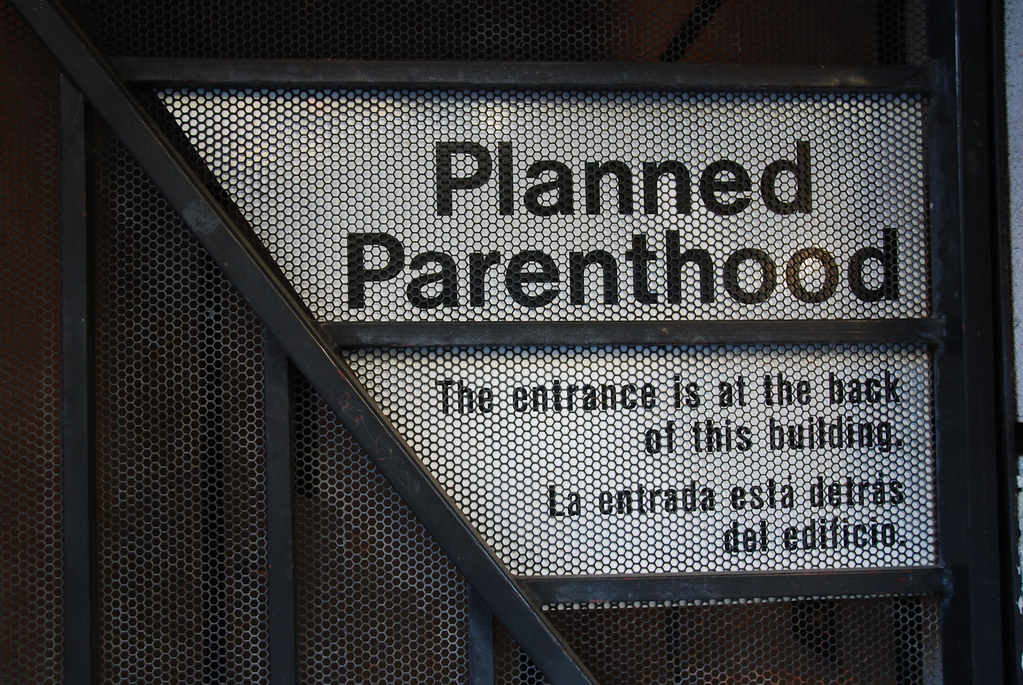The U.S. Supreme Court recently chose not to take on a case that could have changed the legal landscape surrounding “bubble zone” laws at abortion clinics.
This decision came just as the city of Carbondale, Illinois, took steps to repeal its own bubble zone ordinance.
In a move many saw as strategic, this repeal occurred in what was described as a brief four-minute meeting over the weekend.
The law had prohibited pro-life advocates from sharing their messages within 100 feet of abortion facilities, a restriction that faced pushback from groups like Coalition Life.
While the Supreme Court opted out of the case, Justices Samuel Alito and Clarence Thomas expressed a desire to have taken it on.
Thomas, in particular, articulated his dissent, arguing that this was a missed chance to overturn a prior ruling from 2000 that established similar limitations on protests.
In his dissent, Thomas criticized the earlier decision in Hill v. Colorado as being inconsistent with established First Amendment rights.
He described the current situation as an abdication of judicial responsibility, feeling that clarity was necessary to address the implications of Hill.
Representatives from the Thomas More Society, acting on behalf of Coalition Life, reacted swiftly to the news of the Supreme Court’s stance.
Peter Breen from the Society pointed out that the city made its repeal just as the case was looming over them.
He suggested that Carbondale acted out of fear of losing in court, stating that their actions over the past eighteen months were a violation of free speech rights.
Moreover, Breen criticized other cities for following suit with similar legal restrictions against pro-life activists, indicating a troubling trend.
Brian Westbrook, the founder of Coalition Life, acknowledged the Supreme Court’s denial of their appeal but highlighted the ongoing struggles faced by sidewalk counselors nationwide.
He emphasized that the fight for the rights of these advocates and the information provided to women is far from over.
Westbrook passionately remarked about the broader implications for women, noting that restrictive laws limit genuine choices.
He vowed to continue advocating for free speech rights, insisting that the situation demands action.







Leave a Reply